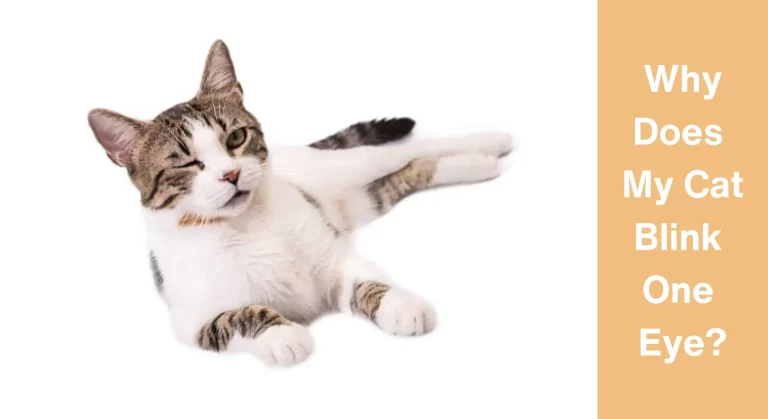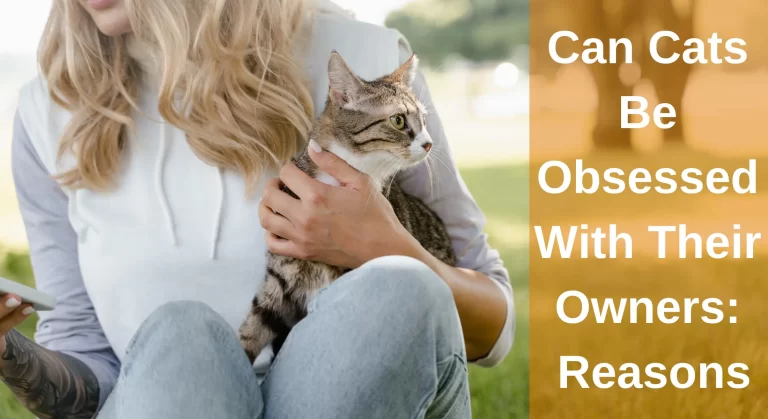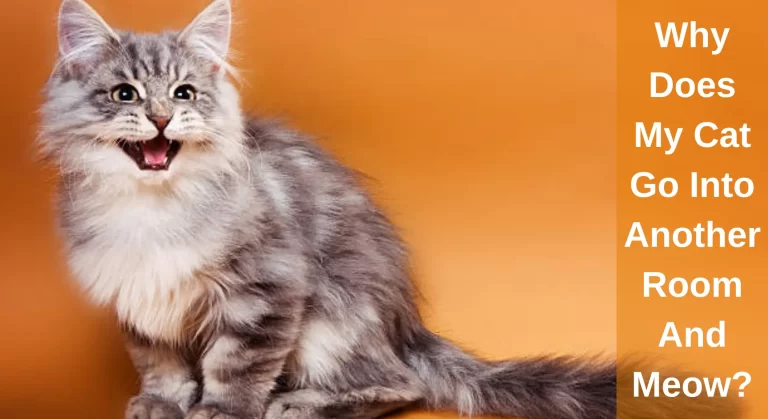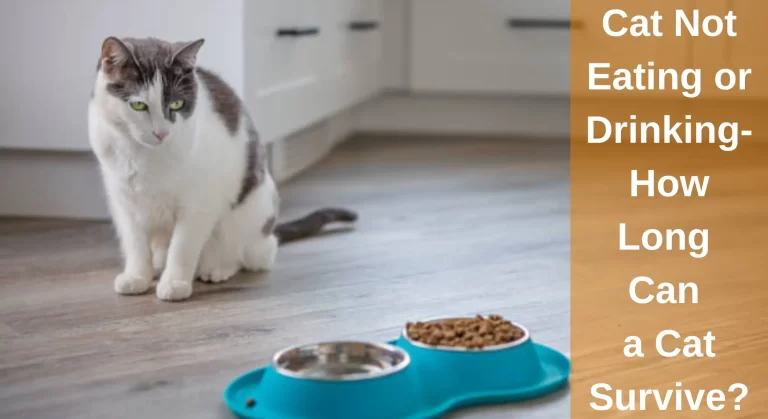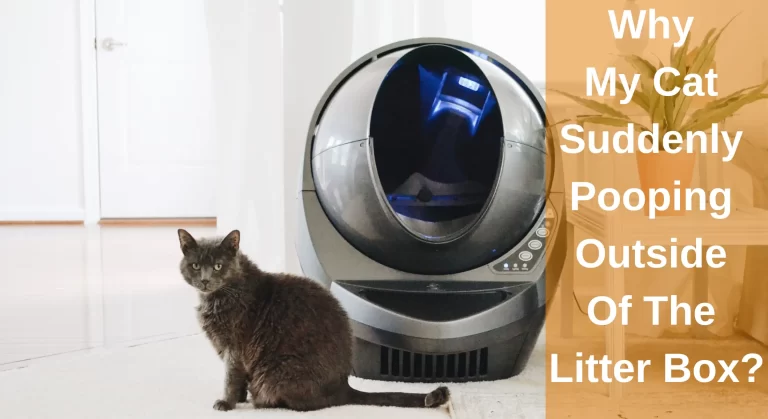Why Do Cats Rub Their Teeth On You? Reasons You Should Know
Cats like to brush up on their owners. This movement might encompass their entire body or just their brows and cheekbones. Most owners regard this as a show of devotion and encourage it.
When cats rub up against anything, they expel their scent. It’s almost as though they’re claiming ownership and treating us as property. Glands in the cat’s cheek deposit fragrance, when they rub. When they weave around your legs, usually as you prepare to feed them, their sides and tails carry the scent to you.
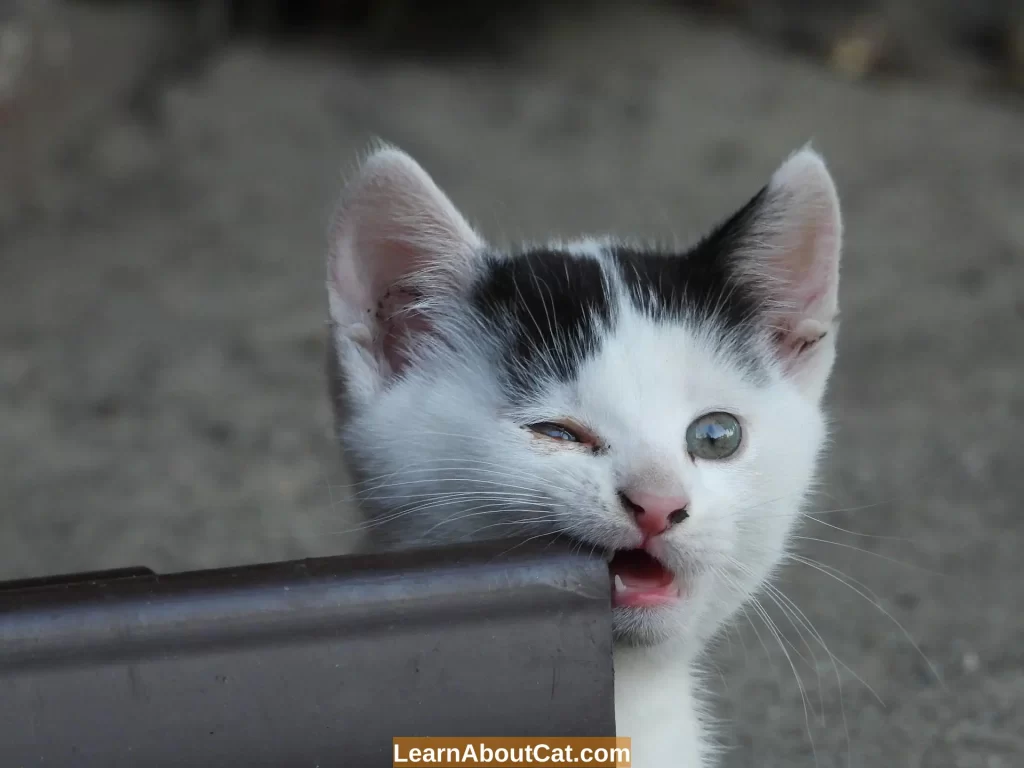
What Causes Cats to Rub Their Teeth on Objects?
Cats chew on you and other objects for a variety of reasons, including communication with you and other cats. Here are all of the potential causes for this strange behaviour.
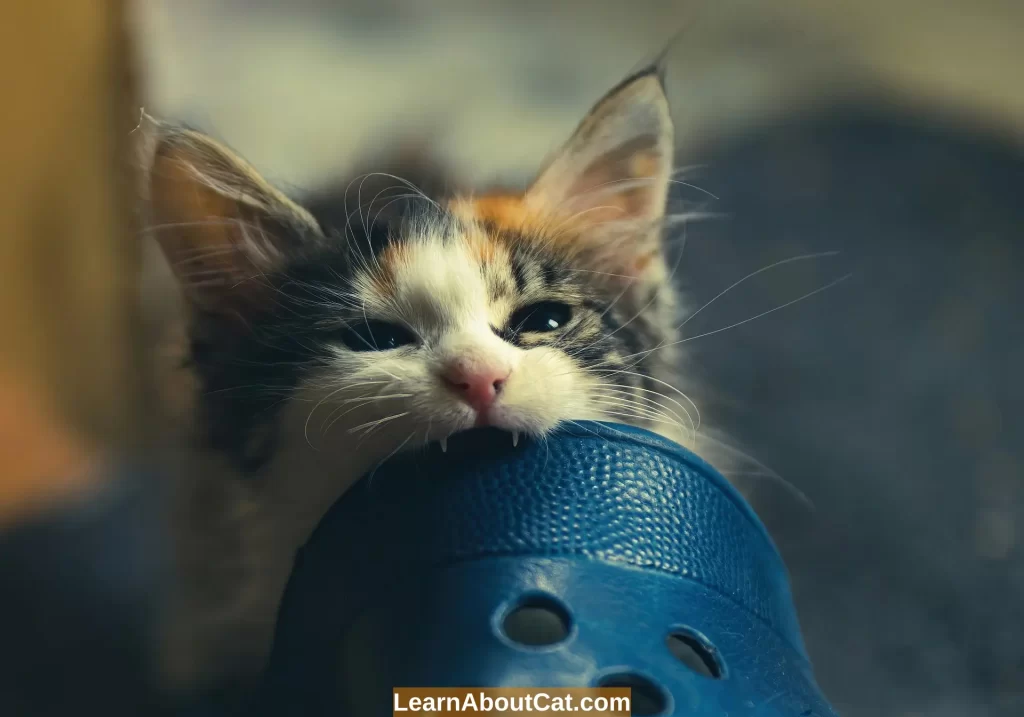
They’ve Been Overstimulated
If you see your dogs lightly nibbling on you with their teeth after you’ve petted them for a long time, they may be overstimulated. Cats’ hair follicles are delicate, therefore they may endure discomfort after a long petting session.
Curiosity
Cats are extremely inquisitive creatures who are always trying to learn everything they can about the world around them. Cats learn the most about an object or person when they use all five of their senses. They will look at it, listen to it, smell it, touch it, and even taste it.
As a result, rubbing your cat’s teeth on objects may be an attempt to taste and learn more about the object.
Development of Teeth
If you have a young kitten, they may brush against you to help reduce dental discomfort. However, there is no reason to be anxious at this moment; they are most likely merely teething. Kittens, like newborn humans, are born toothless. Between the ages of 2-4 weeks, the first set of baby teeth appear, and by the age of 2 months, your kitten would have a full set of baby teeth. At this time, he or she will also rub their teeth on their owners.
They Might have Dental Issues
Because dental disorders are common in senior cats, cats may rub their teeth or gums on different objects when they are sensitive or in discomfort.
When Cats are Worried
They frequently brush the corners of their lips on objects. When kittens do this in a new household, it’s possible that they’re attempting to disseminate their smell in order to feel more at ease.
Because you are a large cat to them, they will rub their faces on you to mark you with their scent. When you snuggle with your cats, they may brush their gums against you as a means of displaying affection. Felines use pheromones to recognise you as their human.
They’re Announcing their Presence
Just as cats strive to douse you in their smell to identify you as their territory, they do the same with items. Cats in the wild will frequently distribute their scent to alert other cats to their presence. Feral cats will depart if they detect the presence of another cat.
Reasons Why Do Cats Rub Their Teeth On You
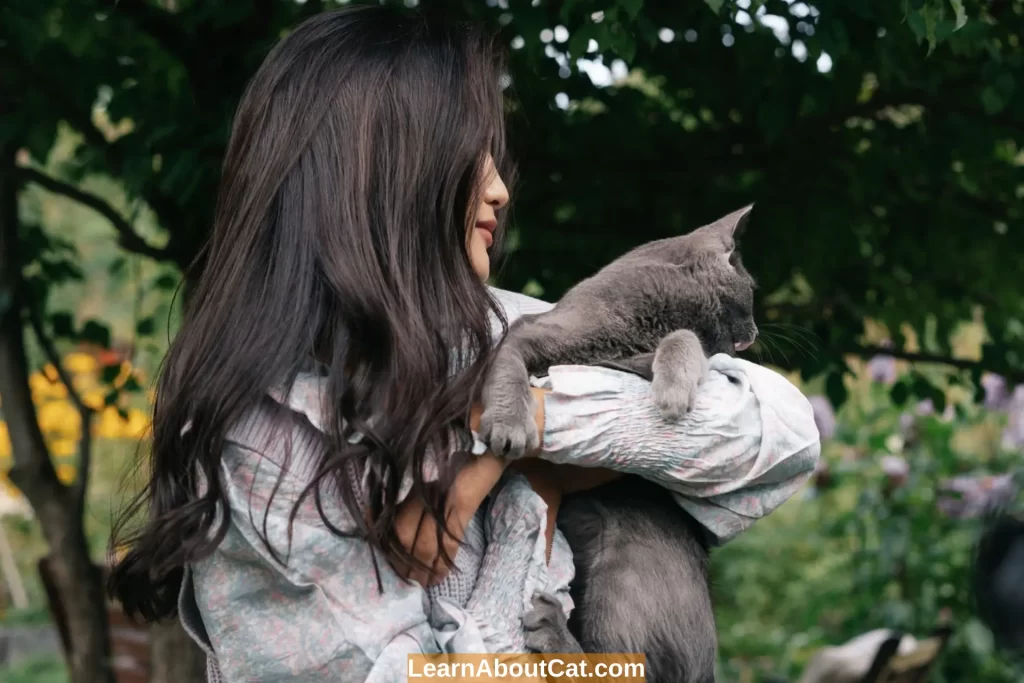
They Might have Dental Problem
Because dental diseases are frequent in elderly cats, cats may rub their teeth or gums on you when they experience sensitivity or pain in their mouths. Teething kittens will also seek something soft to chew on, so purchase them a chewing toy to alleviate their discomfort!
To Show Affection
When cats greet one other, they rub their faces to share odours. Because you are a large cat to them, they will rub their faces on you to mark you with their scent. When you snuggle with your cats, they may brush their gums against you as a means of displaying affection.
To Transfer Scent
Scent glands in cats’ lips, chins, and cheeks are stimulated when they brush against anything. As a result, your cat’s face is the ideal “scent-transferer” for something they desire, which in this situation is you! He’s marking you to let everyone know he was here and that you’re his.
Cats Mark You as Their Territory
They will frequently rub against you with their entire head or body to impart as much of their smell as possible. The same is true for marking territory on furniture and other household items.
They are Excited
If you see your dogs lightly nibbling on you with their teeth after you’ve petted them for a long time, they may be overstimulated. Cats’ hair follicles are delicate, therefore they may endure discomfort after a long petting session.
Why Does My Cat Lick My Gums?
Cats may massage their gums, mouth, and teeth to show their owners their love and devotion. When cats brush against objects or people, they release and leave smell glands on them to establish their territory. Most cats rub their mouths, faces, or bodies toward people they like, and they may do this when they greet you at the door when you go home in the evening.
When cats are hungry or need milk; they lick their owners‘ gums. It is also a kind of interaction between cats and other pets, and cats may like it.
The Cat Would Rub Up to You and Then Bite
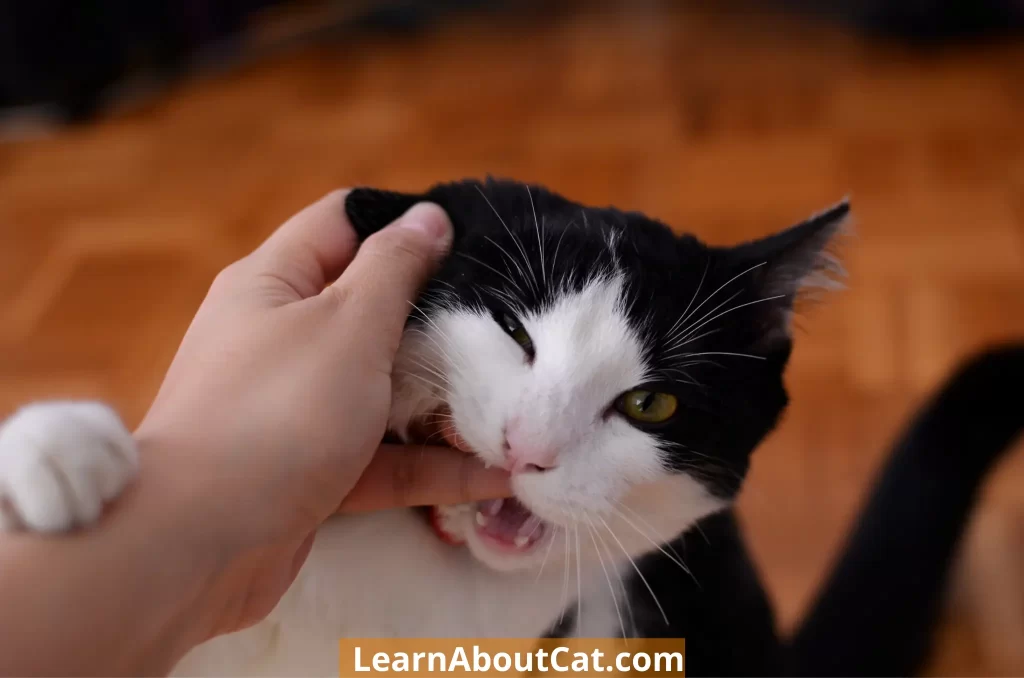
- One of the most typical motivations for a cat to do this behaviour is to show you affection. Some cats like giving you a love bite. These bites seldom result in blood and are just intended as a loving gesture.
- It’s tough not to wiggle your fingers as you watch your adorable kitten pounce, but doing so can result in identical behaviour in an adult cat, which isn’t so cute since it hurts.
- When you discover your cat in a playful mood, it’s critical to engage him with a toy. The person tries to pet the cat, while the cat bites or scratches in a playful manner. The owner of the cat should have picked up the string in the background and played with it.
- Cats will occasionally bite their owners due to “redirected aggression,” which is a condition. a behaviour that people exhibit as well. It simply means they are displeased by anything and are expressing their annoyance by biting.
Bottom Line On Why Do Cats Rub Their Teeth On You
To recap, if your cat is rubbing its teeth against you, it is most likely attempting to transmit its smell to you and designate you as theirs. In other words, they adore you and consider you a member of the family, with wonderful praise and a strong indication of devotion.
Cats, on the other hand, can rub their teeth and gums on objects when they are in pain in their mouths, such as from dental disorders or teething. Furthermore, your cat may be overstimulated by touching and attempting to signal that they’ve had enough, or they may simply be curious about the world around them.
Who is Isabella?
My name is Isabella, and I am a dedicated and knowledgeable cat enthusiast. With years of experience caring for cats and a deep love for felines, I made a mission to help other cat lovers navigate the challenges of cat ownership.

